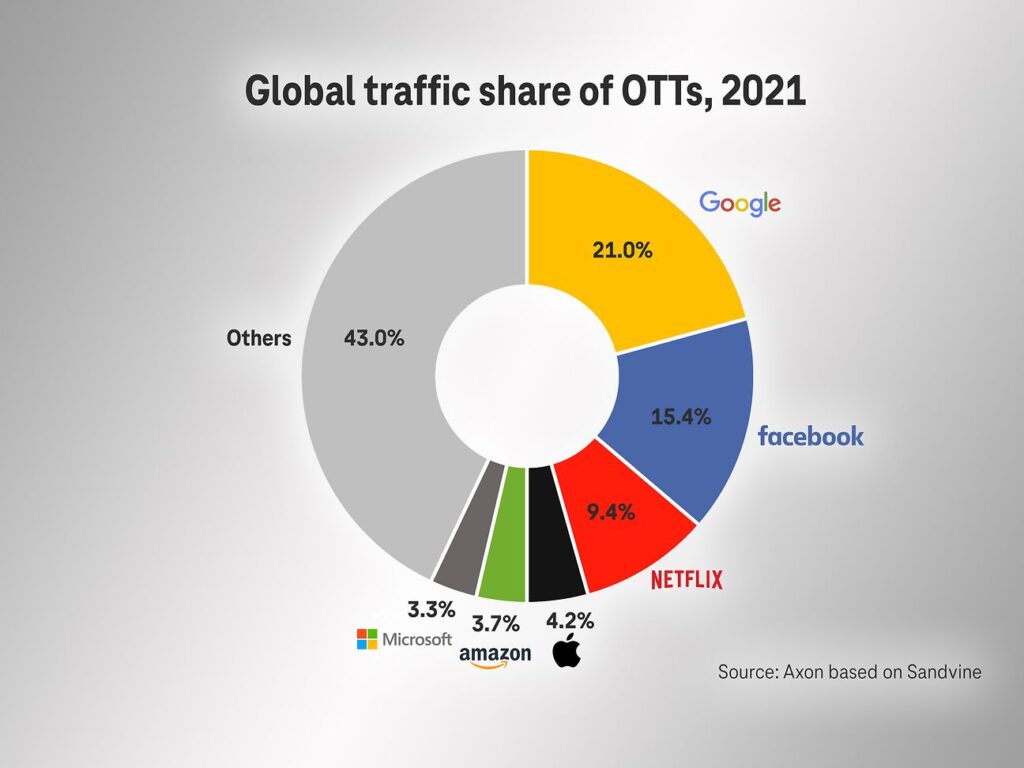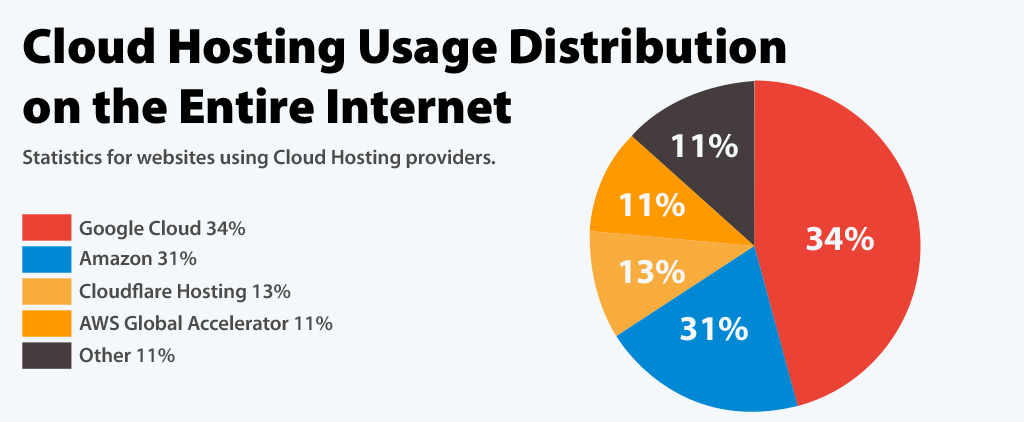I’m a huge fan of Sovereign Citizens. They are crazy, to be clear, but I respect the desire to be a sovereign as an individual. And what is sovereignty? It’s usually defined as being in possession of territory, the ability to enter relations with other sovereigns, and not being yourself under another Sovereign. This last point is arguably debatable. The Sovereign Military Order of Malta, of which I am also a huge fan, is ostensibly under the auspices of the Holy See, another sovereign entity. Being sovereign can be nebulous, and it’s not an easy thing to achieve. Whatever sovereignty actually is, when you have it you are truly captain of your own destiny. But it’s not all fun and games either. As current events in Ukraine and the whole Israel/Palestine thing remind us, sovereignty requires very regular maintenance. The cost of that upkeep is often paid in blood. Be that as it may, the game of sovereignty is one I’d love to play someday, but alas! It’s probably not in the cards. As I’ve alluded to before, the organisms that play the sovereignty game are beyond you and I.
States, nations, and assorted sovereigns have been doing this for hundreds and sometimes thousands of years. They’re playing a game that is very old and made for players like them. It would be like a crow trying to play chess with Magnus Carlson. I actually have no doubt that some species of corvid could learn the basic rules of chess, but its a game for humans, and among humans Magnus is among the best. Sovereignty is a game for nations and, among nations, the ones still alive today have proven themselves to be the best. The digital world, however, is a whole other realm, as I have also alluded to in the past. True, states exist in the digital world, but physical sovereignty does not necessarily beget Digital Sovereignty. For example, recall the time a sitting US President got banned from Facebook and Twitter.

So how could we make a reasonable definition of Digital Sovereignty? I think the physical definition is readily applicable if you apply it to the digital realm. First, you need territory. What does that mean in this context? I think it simply means controlling your own hardware and software. If all of your data is on someone else’s server they can shut it down and there’s nothing you can do about it. Worse yet, if it’s on someone else’s PLATFORM, they could modify it, hide it, transform it, and in extreme cases even claim ownership of the data itself, bankrupting you in the process. So you want to have possess your own storage and software to be in control of your digital destiny. That doesn’t necessarily mean you need to build everything custom yourself, though. I’m using WordPress right now, so I didn’t really “build” this, but I also have full control over the source code, so I do control it.
Controlling your hardware and software also doesn’t mean you need to forgo popular digital platforms either. In the physical world, one of the criteria of sovereignty is the ability to have relations with other sovereigns. If all of your videos are hosted completely on Youtube, you’re a subject of Youtube. However, if you use Youtube as part of an overall strategy to monetize your videos which you have backed up on your own infrastructure, congratulations! You are comporting yourself as a King in the digital realm. We’ve seen repeatedly people with large followings get deplatformed, demonetized, and otherwise shutdown, with no recourse other than to disappear. This is what happens when you’re overdependent on a platform someone else controls.
At the time of this writing, I have an email subscription database of exactly 0 people. I have just over 100 followers on Twitter, most of whom are deactivated accounts. I’m using Twitter heavily to build an audience, but my goal is to build a follower base here, on the website I control. When the President of the United States can be deplatformed, it can happen to you. It’s much harder to cultivate a following on your own website using your own infrastructure, but that’s the price of sovereignty. Just like in the physical world, some citizens have influence, money, and power that exceeds that of the weakest sovereign polities. Many Youtuburs and Twitch streamers have far more wealth than say, Matt Drudge, but those streamers answer to their platforms. Better to be a broke King than a wealthy peasant.
The content available on the internet today feels much more homogeneous than it did in the past because so many would rather be wealthy peasants than impoverished nobles. Part of that is because unseen algorithms are filtering content delivered to you on your favorite platforms and so it seems more homogeneous than it actually is. However, another, no less important reason is that the internet is quite literally controlled by a handful of organizations and individuals.

They are sovereigns on their platforms! If you post something Zuck doesn’t like on Facebook, it is his natural right to remove it! You don’t own Facebook. You are merely a subject of his digital empire. At best, you are visiting dignitary. Either way, you are bound by his rules. Elon Musk calls Twitter X now and claims it as a bastion of free speech. I think that’s great, but it doesn’t change the fact that him and Linda Yaccarino are in charge of things over there and our existence on that platform is subject to their whims. Have they replatformed Alex Jones? To my knowledge, at the time of this writing, they have not. And I don’t begrudge them for it! What do they stand to gain in doing so? A sovereign’s primary responsibility is perpetuation of its own sovereignty. Allegiance to any ideal comes second to that. That’s why the US loves toppling democratically elected governments that threaten the hegemony of US sponsored capitalism. Supporting democracy is secondary to supporting the US government. And that’s a reasonable stance for a state to take!
And while we’re speaking of Alex Jones let us not cast his example aside so easily. Say what you will about the man, and I have no shortage of criticisms of his myriad opinions, but he is a great example of a Digital Sovereign. Though he’s been repeatedly demonetized, deplatformed, and demonized, he continues to exist in the digital realm. If you want to be a great Youtuber, that’s a laudable goal. If you want to be whatever it is you call famous shitposters on X, that’s great! Maybe your goal is to be Instagram famous, and I love that for you. But none of those goals will bring you closer to Digital Sovereignty. Alex Jones set out to fight an Information War, and his platform, InfoWars, continues to exist to support that mission. He has used social media platforms in the past to promote his digital hegemony, but existence and presence on those platforms was never his goal. War is the purview of the sovereign, and he wanted to fight a war. If you have a bone to pick with someone–a government, a corporation, maybe just an individual–do not go to war with them without a home base–a territory of your own.
I’m not a sovereign yet. I pay a hosting provider for my site, because it’s easy, but eventually I will go on prem. The cloud is another tool of powerful internet empires to make vassals out of would-be independent states.

Even if there’s no technical benefit to moving on prem, I have to do it for the sake of my own sovereignty. Another concrete example that perhaps has a little more salience is the emerging AI landscape. If you are dependent on an LLM or stable diffusion model hosted by someone else, you will be bound by their rules. You can try to bypass them, but ultimately some over educated board of directors will get to decide what you can and cannot ask their AIs to do for you. You can’t even use Bing to make Pepe’s anymore! You will host your own model and train or fine tune it for your own purposes, or you will forever be a serf on some other noble’s AI land.
So far, here are the steps I’ve taken to preserve my digital sovereignty:
- Bought a domain name for my name, and for every project I want to work on
- Removed all content important to me from social media platforms owned by other people, and repatriated it to my own hard drives
- Purchased high quality hardware and storage for my shit
- Rejected cloud products whenever possible
- Migrated all of my machines to Linux and replaced my productivity suite with open-source products
- Declared myself Sovereign (this one is more important than it sounds!)
As a Sovereign Digital entity, I will be happy to support the sovereignty of any of my readers in the digital realm. All you need to do is declare it, and I will happily engage in digital diplomacy with your entity. Go buy a domain name today! Go buy a server, or repurpose an old machine! Write software! I believe in you.
